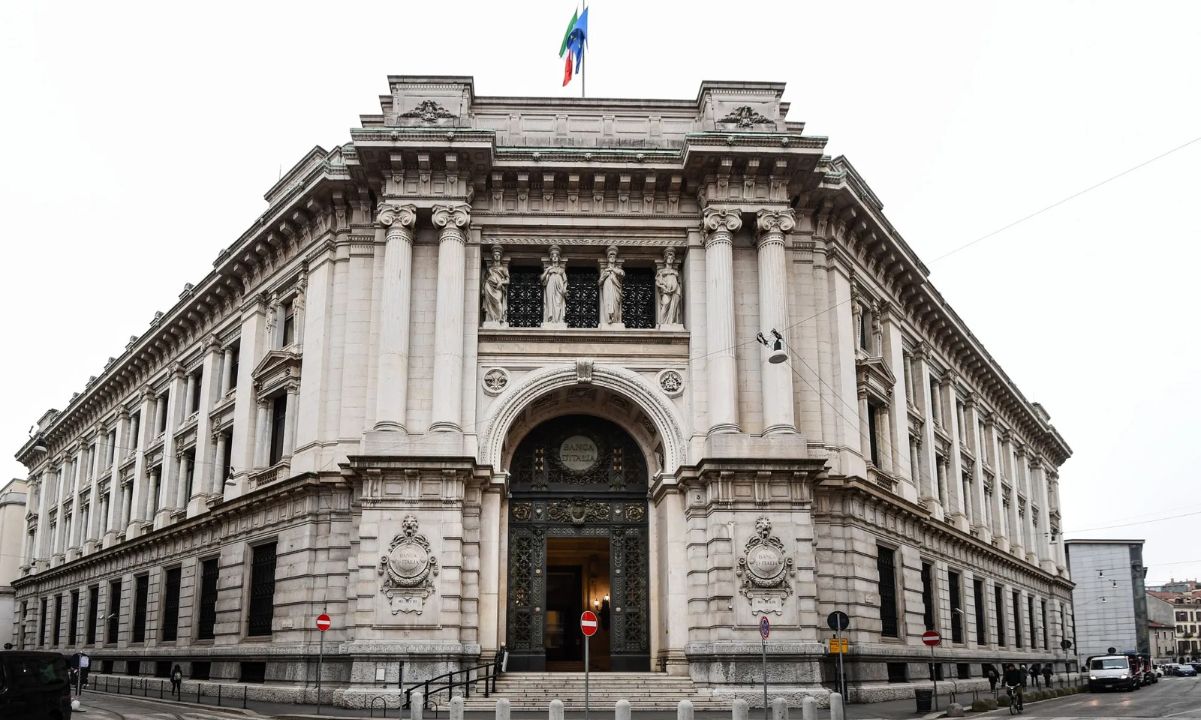While major institutions worldwide are gradually embracing Bitcoin, recognizing its potential as a transformative asset and even integrating it into their corporate treasuries, the perception of the cryptocurrency remains far from universally positive.
Amid this growing institutional adoption, the Bank of Italy has taken a notably critical stance. In its Economic and Financial Occasional Paper, it labeled Bitcoin peer-to-peer (P2P) services – widely celebrated for their accessibility – as “crime-as-a-service.”
Bank of Italy Raises Red Flag on Bitcoin P2P
The Bank of Italy’s report from November 2024 highlighted the growing role of Bitcoin peer-to-peer (P2P) services as tools for money laundering in jurisdictions with weak regulations. These services, described as “crime-as-a-service,” exploit regulatory loopholes, allowing illicit actors to obscure the origins of illegally obtained funds.
The 131-year-old financial institution targeted unregulated P2P platforms and informal exchange networks, in particular, that evade traditional Know-Your-Customer (KYC) and Anti-Money Laundering (AML) protocols and end up creating pathways for illegal activities. These methods enable criminals to bypass the scrutiny of centralized financial intermediaries by leveraging the pseudonymity of blockchain transactions.
Regulatory Gaps
The Bank of Italy’s report also highlighted the challenges posed by decentralized financial (DeFi) systems in combating money laundering. While centralized finance (CeFi) platforms can be regulated similarly to traditional financial institutions, their decentralized counterparts, on the other hand, operate without intermediaries, making oversight far more complex.
The pseudonymity inherent in blockchain technology allows users to engage in transactions through unlinked addresses, effectively concealing their identities. This has sparked a debate between those who praise blockchain for its transparency and immutability and critics who highlight its potential for abuse.
The report points to emerging solutions like Zero-Knowledge Proofs (ZKP), which enable selective disclosure of information to mitigate illicit activities without compromising user privacy. However, these innovations, though promising, fall short of providing the continuous due diligence necessary to identify suspicious activities systematically, as per the Bank of Italy.
The post Bank of Italy Calls Bitcoin P2P Services ‘Crime-as-a-Service’ Amidst Growing Acceptance appeared first on CryptoPotato.
